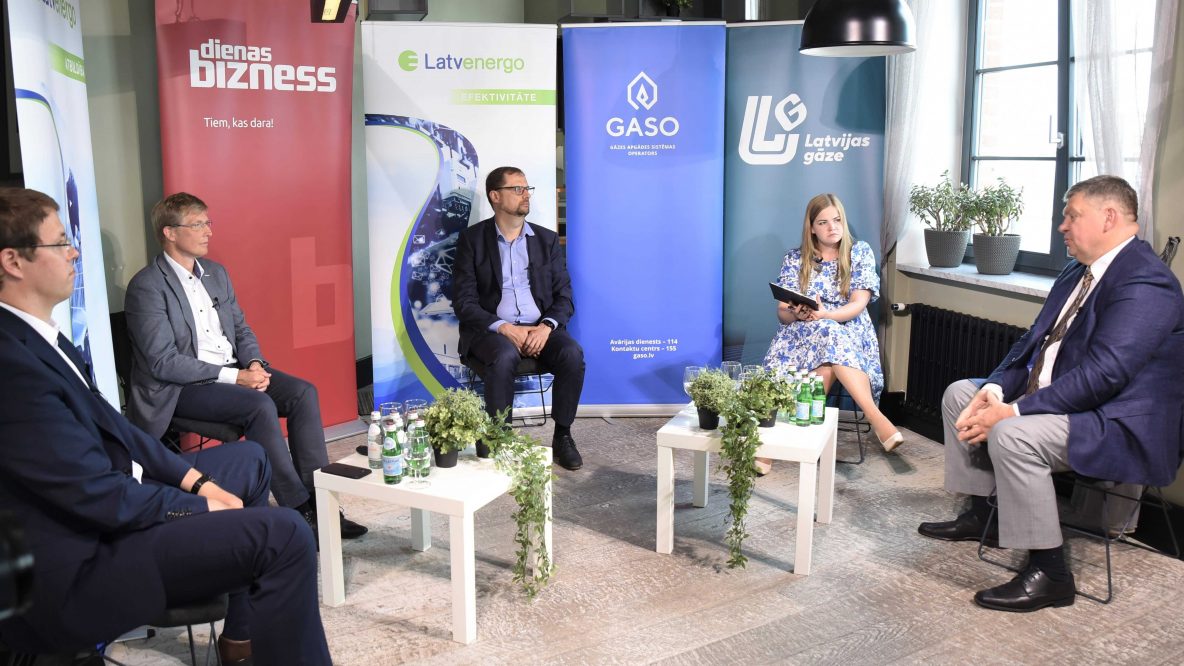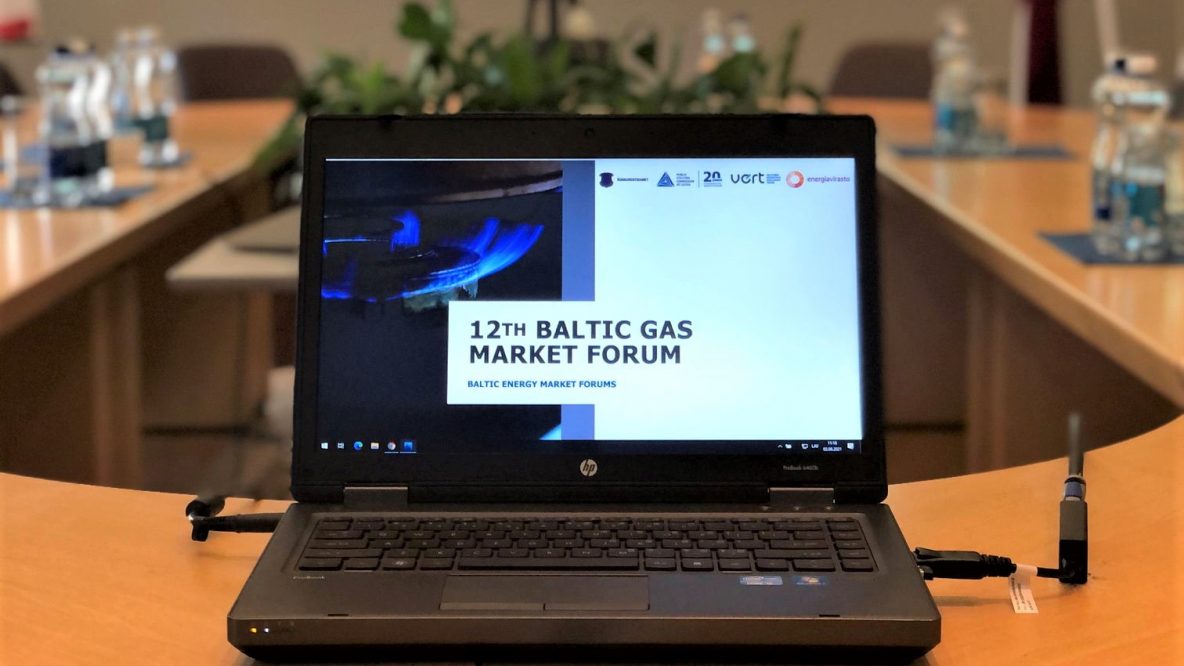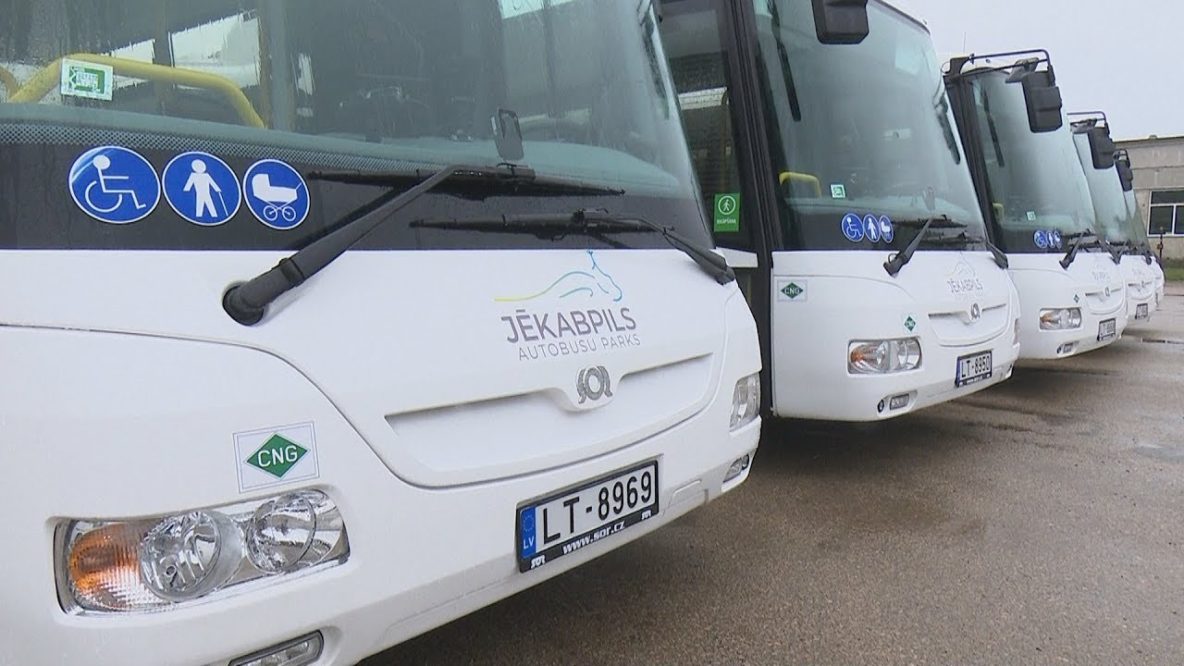
The use of natural gas in road transport has become increasingly popular over the last decade. CNG-powered cars are now used by more than two million Europeans and are suitable for everyone, from private vehicle owners to public transport and freight transport.

On 9 November 2021, the 13th Baltic Gas Market Forum, where participants talked about regional infrastructure development projects such as GIPL and ELLI, and shared information regarding the latest developments in the Baltic and Finnish natural gas markets.
On 29 September 2021, Latvijas Gāze participated in the conference ‘HEAT SUPPLY 2021: Purposeful Achievement of Climate Objectives in Latvian Towns’ (orig. – SILTUMAPGĀDE 2021: mērķtiecīgai klimata mērķu sasniegšanai Latvijas pilsētās) organised by Dienas Bizness, in which the global conditions affecting the natural gas market and price changes both globally and locally were discussed.

On 29 June this year, a conference organised by Dienas Bizness took place, where companies from the energy industry and specialists talked about the challenges of the industry in achieving the goals of the European Climate Plan and the competitiveness and stability of the energy sector.

At the Baltic Gas Market Forum, happening within the framework of the Baltic Energy Forum on June 2 of this year, the participants of the regional gas market discussed the current issues and challenges of the natural gas market.

Jēkabpils is one of the first towns where commercial vehicles run on CNG. According to chairman of the board of SIA ‘Jēkabpils autobusu parks’ Jānis Ščerbickis, the renovation of their bus fleet with seven CNG vehicles in Jēkabpils has made it possible to maintain the bus fare at the current level (0.50 euros), and to preserve various discounts and benefits, such as free bus rides for schoolchildren.